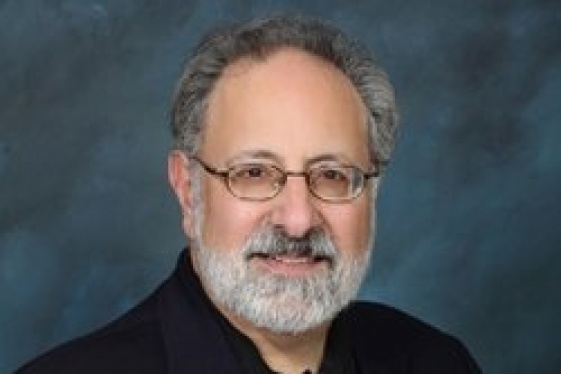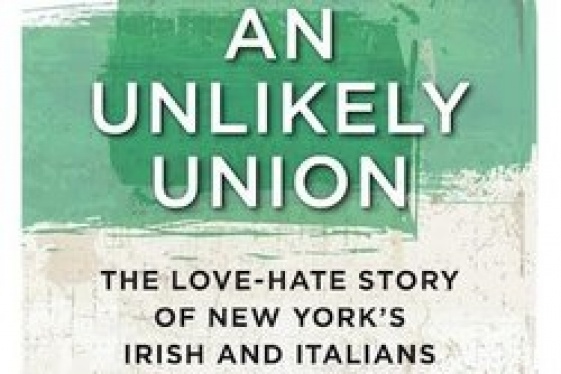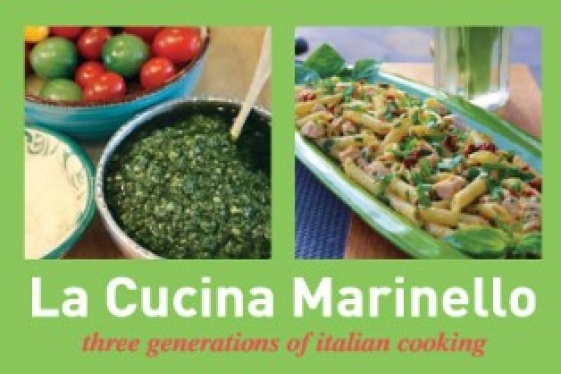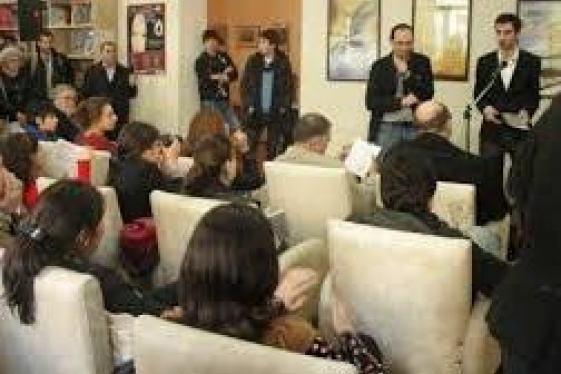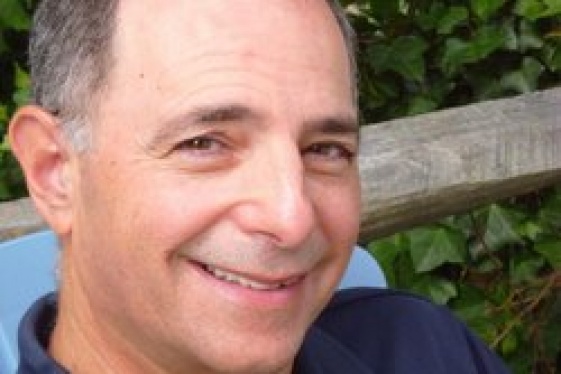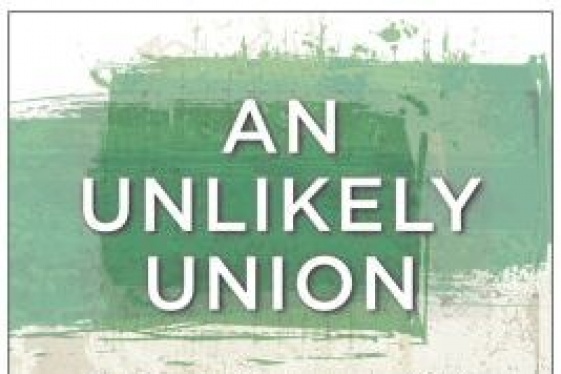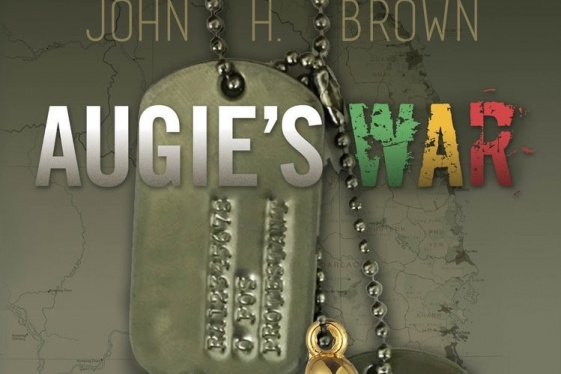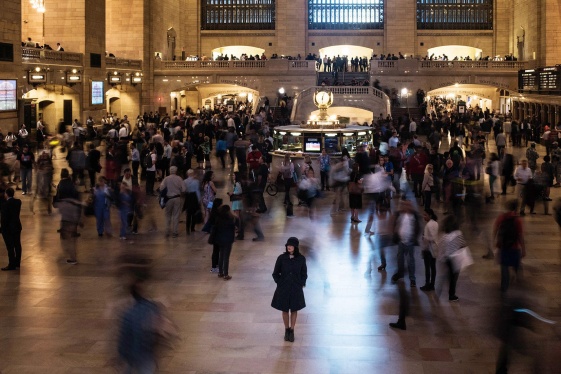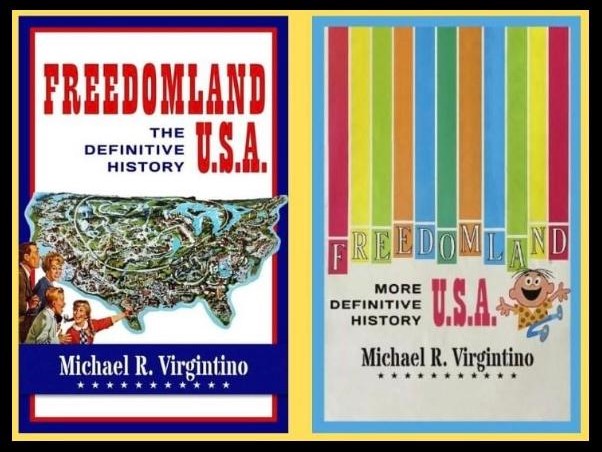
“Freedomland U.S.A.: More Definitive History”. Latest Book About New York’s 1960s Theme Park Includes Additional Stories About The Italians

When Michael R. Virgintino’s first book, Freedomland U.S.A.: The Definitive History (Theme Park Press, 2018), was published, he believed that he had documented much of the available story about New York City’s 1960s American history theme park. He knew official park records had been lost for 50 years and that, with a few exceptions, all significant park, vendor and sponsor executives had been deceased for decades.
The book, which featured some of the many Americans of Italian heritage who were involved with the park’s creation, construction and entertainment, became an instant hit with the boomers who recalled the park along with fans of theme park history. After seeing it, many additional employees and the children of employees contacted Virgintino to share their memories and previously unknown stories.
These conversations generated many interesting and significant questions that required further examination through digitized media files, intense study of thousands of park photographs and the review of archival materials at several museums.
Immediately, Virgintino, who was raised within walking distance of the Bronx park and traces his family roots to Matera, Laurenzana and Esperia, realized that a second book was required to continue the story of what has been dubbed America’s theme park. The initial Freedomland book now serves as a prerequisite to the new volume. Freedomland U.S.A.: More Definitive History (Theme Park Press, 2023) reprises the roles of people mentioned in the first volume while introducing many others to further explain the Freedomland story.
The Role Of Pasquale Sposato
More than 100 interviews and profiles feature park employees associated with management, creative, construction, attraction operations, character portrayal, and food and other services. A considerable number of employees were Italian immigrants, or the sons and daughters of immigrants. One employee, according to the author, was a famous puppeteer whose talents prominently were displayed on New York City and national children’s programs during the 1950s and 1960s.
Pasquale Sposeto was the second of 10 children on the family farm in Des Moines, Iowa. His parents, Frank Sposeto and Victoria Iaquinta Sposeto, emigrated from Italy. Besides working on the farm, Pasquale looked after and entertained his younger siblings. At this same time, he developed an exceptional talent as an artist that earned him a full scholarship to Drake University to study fine arts as an artist and sculptor.
Following graduation, Pasquale moved to New York City. He started to introduce himself as Paul as he pursued an acting career while relying on his artistic talent to provide income. Drafted during World War II, Paul became a captain in the U.S. Army Air Corp and was stationed in the South Pacific. He rose to the rank of major in the reserves.
Following the war, Paul returned to New York and was enthralled by the lights of Broadway. He legally changed his professional name to Paul Ashley, but, fiercely proud of his Italian heritage, he remained Paul Sposeto in private life. When acting jobs were scarce, Paul relied on his painting and sculpting talents.
A huge break in Paul’s career occurred when his work was displayed in Macy’s famous Christmas windows in Manhattan. He soon received an invitation to collaborate on a new children’s television show, The Rootie Kazootie Club, that required the creation of original puppets. Among his creations was the show’s star -- Rootie Kazootie! For several decades, Paul continued to create all kinds of puppets, including entertainment celebrities such as Stan Laurel and Oliver Hardy. His puppets were popular on Chuck McCann’s children’s programs on New York City television and on many national programs viewed by adults.
Paul’s work at Freedomland, until now, was not known to many people. His creations included scenes for the park’s dark rides and other attractions. Believed to be among his creations were the elves that showcased the concept of producing beer in the park’s fictitious brewery sponsored by the F.& M. Schaefer Brewing Company.
Pasquale Sposeto and many other men and women of Italian heritage, some directly from Italy and others raised in the U.S. by immigrant parents and grandparents, appear in the theme park spotlight in both Freedomland U.S.A. books. The books can be found online on Amazon, Barnes & Noble and other retailers.
You may be interested
-
'Phantom Limb': A Conversation With Dennis...
Dennis Palumbo is a thriller writer and psychotherapist in private practice. He's the auth...
-
An Unlikely Union: The love-hate story of Ne...
Award-winning author and Brooklynite Paul Moses is back with a historic yet dazzling sto...
-
Former Montclair resident turns recipes into...
Former Montclair resident Linda Carman watched her father's dream roll off the presses thi...
-
''La Gente di Mulberry Street'' presentato a...
Valsinni- Italia, terra di emigranti. Presentato a Valsinni il nuovo saggio storico di Raf...
-
'An Unlikely Union' author Paul Moses on his...
by Ginger Adam Otis Any journalist who has ever been an author has lived through...
-
'An Unlikely Union': Paul Moses on the urban...
Few American cities, with the possible exception of Chicago, do urban ethnic drama like Ne...
-
'Augie’s War' novelist to appear at Elkins bo...
Charleston author and Gazette-Mail wine columnist John H. Brown will conduct a book readin...
-
'Ferrante Fever' Documentary: A Literary Phen...
It's generally accepted that, in order to achieve fame and fortune, one must be prepared t...



